Would you like to explore the Oblate Path in the World Community, shaping a lifestyle that grows from and supports your daily meditation? We will be happy to help you understand what it involves. You will find the basic vision by reading John Main’s Community of Love.
The Oblate Path by Laurence Freeman, the present Director, will also help to see what the oblate life might mean for you.
If you already know an oblate of the community you can ask them about how their life is enriched by this path. See if there is an oblate cell meeting near you that you could visit. You will be made welcome and can get a feel for the local life of the global oblate community. At larger WCCM events and retreats there are nearly always oblates involved – such as at the annual John Main Seminar and national conferences or national retreats – whether organized by the meditation community locally, nationally or internationally. This is another opportunity to talk with them and share your questions in person.
Oblates of the WCCM
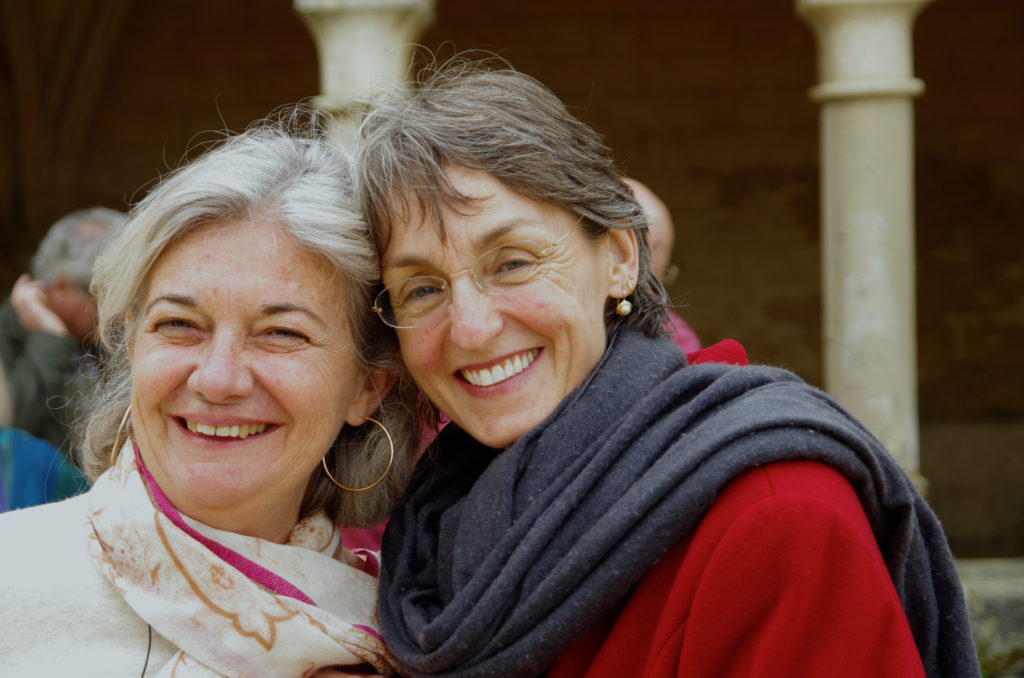
What Does it Mean to Be an Oblate?
‘Oblate’ literally means ‘one who offers’ himself or herself. Historically, in the Rule of St Benedict it referred to children who ‘offered’ by their parents to the monastery for formation and education until they could choose freely for themselves whether to stay and become monks. Those who left would often keep close links to the monastery. Continue reading ➙
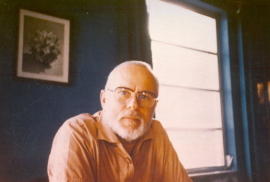
John Main’s Vision
John Main re-discovered the practice of meditation in the Christian tradition. As a monk, he soon came to realise that this practice was of great value to people in all walks of life today in their spiritual search for depth and meaning. Continue reading ➙
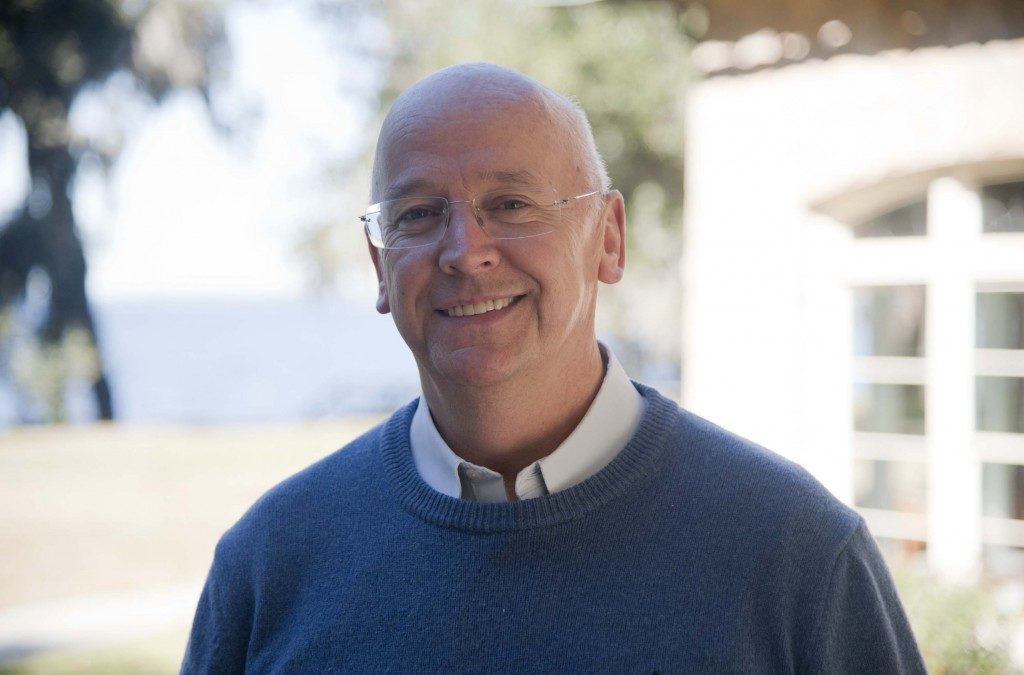
Laurence Freeman
As John Main’s student and present Director of the Oblate Community, Laurence Freeman has continued to serve the emerging community and form new leaders for the next generation. Continue reading ➙
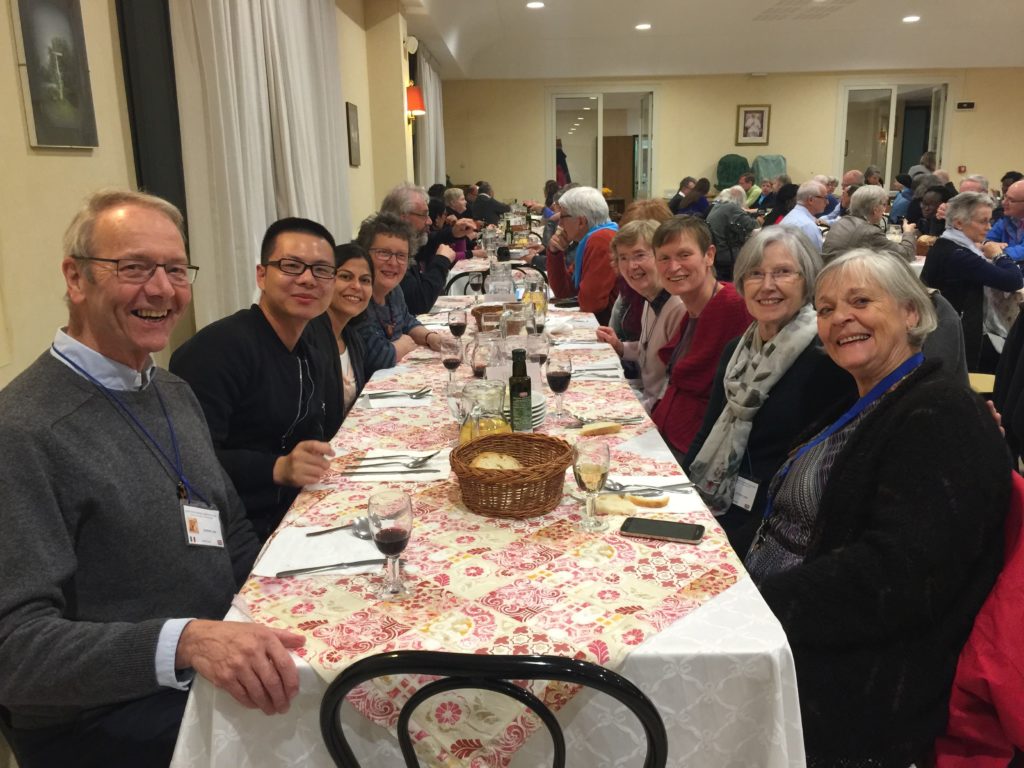
Community Sense
Supported in their prayer-life in this way Oblates find a growing sense that even if they are a solitary oblate where they live, they nevertheless are a living cell of a community. They foster this by participating in retreats, events of the WCCM School of Meditation, and seminars. Continue reading ➙

Lectio Divina
An Oblate also commits to some form of ‘Lectio Divina’ during the day. For many this takes the form of ‘the Divine Office’, which means some part of the daily prayer of the Church; psalms, readings, intercessions etc. These are normally woven in around the times of meditation. Continue reading ➙
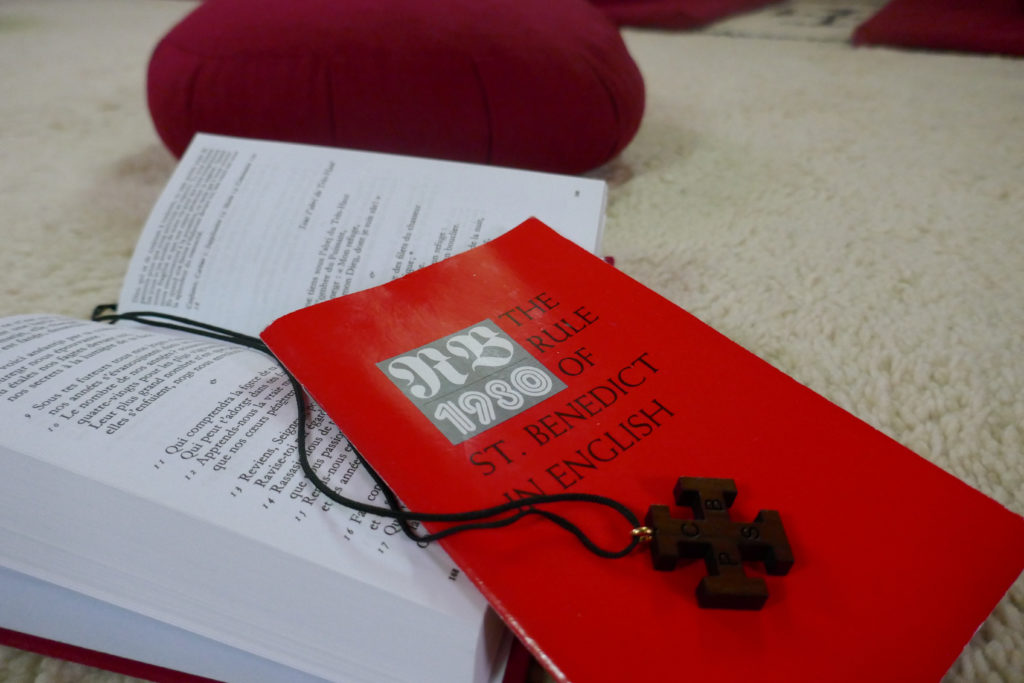
The Rule in Everyday Life
Apart from the supportive frame prayer and community life, there is the creative venture of living out the spirit of St Benedict in our daily lives. Firstly, this means applying its practical deep wisdom to the context of family, relationships, leisure time and workplace, maintaining a sense of continuous prayer nourished by the twice-daily meditation times, through all the diverse commitments, opportunities, problems and responsibilities of life. Continue reading ➙
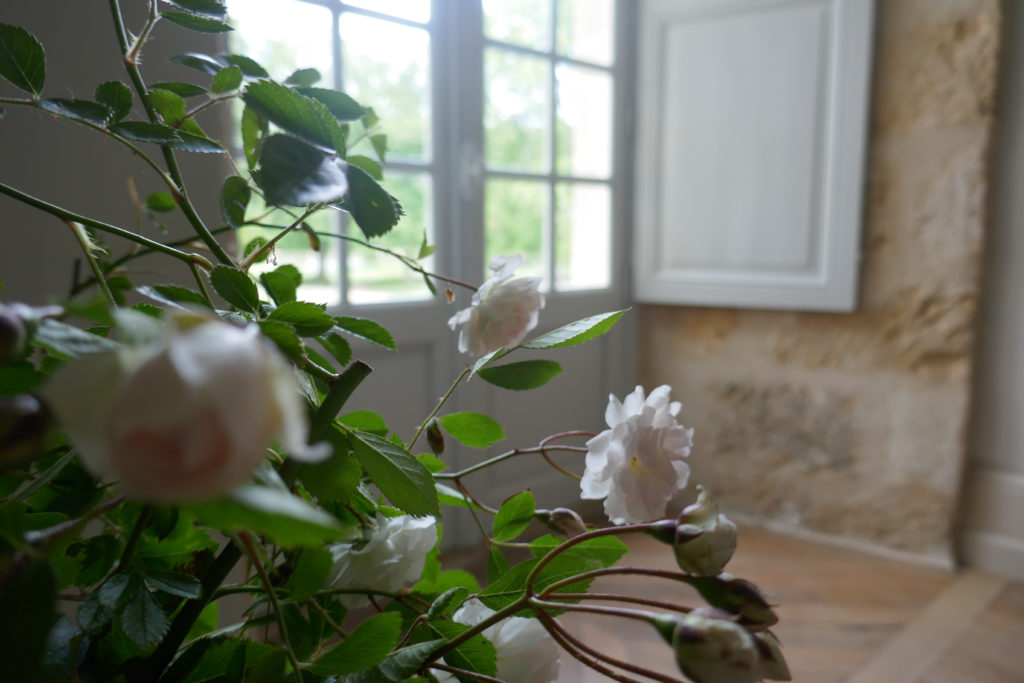
The Guiding Principle is not Rigour but Love
The Oblate, like any committed meditator recognises the gift of discipline and that it must always be freely entered upon if it is to produce the fruit of liberty of spirit. Freedom from superficiality, from compulsiveness, from loneliness and the feeling of being unloved. Continue reading ➙
What Does it Mean to Be an Oblate?
‘Oblate’ literally means ‘one who offers’ himself or herself. Historically, in the Rule of St Benedict it referred to children who ‘offered’ by their parents to the monastery for formation and education until they could choose freely for themselves whether to stay and become monks. Those who left would often keep close links to the monastery. Later, in the Middle Ages, it referred to lay people who wanted to be linked to the spirit of St Benedict by being associated with a particular monastery.
Originally, Benedictine monasticism was a lay movement and St Benedict was not a monk. His vision was for a lay community dedicated to seeking God, supporting themselves materially, sharing all things in common and being of service to the world.
John Main’s Vision
John Main re-discovered the practice of meditation in the Christian tradition. As a monk, he soon came to realise that this practice was of great value to people in all walks of life today in their spiritual search for depth and meaning. He also saw that the practice both creates community and that this community supports the practice.
This vision has been the inspiration of the World Community and continues to evolve as the community grows. The Oblate Path is a valued element in this. The first thing someone starting this path will do is understand this inspiration by becoming familiar with John Main’s teaching which comes from but also renews the tradition. His teaching on meditation is available through many books and talks.
From this rediscovery and his establishing of a community in its spirit John Main developed a vision of ‘a new monasticism’. He speaks of this in a collection of essays published as ‘Community of Love’. It is presently being translated into other languages because it is an important text to see how meditation fits into the monastic tradition and other aspects of Christian life. The book ‘Monastery without Walls’ also shows the live formation of the first community based on this vision through a collection of quarterly letters that John Main sent to the growing global community.
Laurence Freeman
As John Main’s student and present Director of the Oblate Community, Laurence Freeman has continued to serve the emerging community and form new leaders for the next generation. His books and talks both on meditation and the new monasticism are well-known and readily available. He lives now at Bonnevaux, the international centre of the World Community which lives in the spirit of the Rule of St Benedict, sharing its wisdom at a morning meeting daily and balancing its life in its wisdom. Fr Laurence also directs an Oblate Year programme at Bonnevaux for those who wish to make their oblate novitiate there.
Community Sense
Supported in their prayer-life in this way Oblates find a growing sense that even if they are a solitary oblate where they live, they nevertheless are a living cell of a community. They foster this by participating in retreats, events of the WCCM School of Meditation, and seminars.
This is all part of an ongoing formation – a commitment to what St Benedict called ‘conversion of life’. Becoming an oblate is not achieved on the day you make your final oblation after the novitiate. It is the beginning of a lifelong path which continuously renews and presents new challenges and horizons in your spiritual journey.
Oblates would try to attend a Christian Meditation group regularly where possible. There is an Oblate Network with a twice year Oblate Newsletter and Oblate retreats and pilgrimages which foster the ‘common life’.
Lectio Divina
An Oblate also commits to some form of ‘Lectio Divina’ during the day. For many this takes the form of ‘the Divine Office’, which means some part of the daily prayer of the Church; psalms, readings, intercessions etc. These are normally woven in around the times of meditation. We see the Office as a more formal expression of Lectio, which is an essential element of Christian life. This may also be expressed in a daily time reflecting on a Gospel passage or other scripture (often after the time of meditation) each day.
Many oblates and other meditators also use a daily anthology of John Main’s writing, ‘Silence and Stillness for Every Season’ (Ed. Paul Harris). Laurence Freeman’s Daily Wisdom – also available as a daily email combining one of his photos with a short text – is another aid to Lectio.
The Rule in Everyday Life
Apart from the supportive frame prayer and community life, there is the creative venture of living out the spirit of St Benedict in our daily lives. Firstly, this means applying its practical deep wisdom to the context of family, relationships, leisure time and workplace, maintaining a sense of continuous prayer nourished by the twice-daily meditation times, through all the diverse commitments, opportunities, problems and responsibilities of life. The Rule needs to be adapted to changing circumstances. But the precepts that the oblate takes on – obedience, stability and conversion of life – are a steady guide. ‘The tools for good works’, (Chapter 4 of the Rule) are pithy nuggets of wisdom that can be used creatively and become increasingly present in dealing with the ups and downs of life. The way we live the Oblate path is both the same and wholly unique for each person.
The Guiding Principle is not Rigour but Love
The Oblate, like any committed meditator recognises the gift of discipline and that it must always be freely entered upon if it is to produce the fruit of liberty of spirit. Freedom from superficiality, from compulsiveness, from loneliness and the feeling of being unloved. The oblate is committed not only to living this for his or her own benefit but also to bring this liberty of love to others, especially by sharing the gift of meditation. In his Prologue to the Rule, St. Benedict writes:
We intend to establish a school for the Lord’s service. In founding it we hope to introduce nothing harsh or burdensome. But, if a certain strictness results from the dictates of equity and for the amendment of vices or the preservation of charity, do not at once be dismayed and fly from the way of salvation, whose entrance cannot but be narrow. For as we advance in the religious life and in faith, our hearts expand and we run the way of God’s commandments with “unspeakable sweetness of love”
Rule of Benedict, Prologue Verse 45-49.
